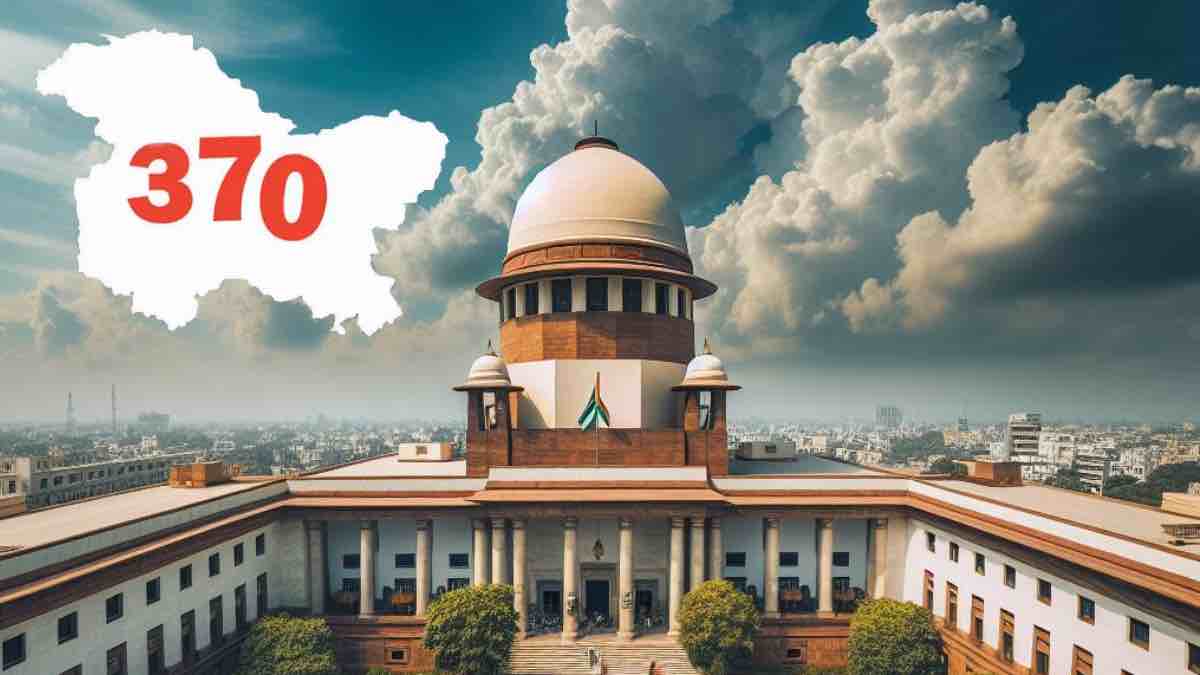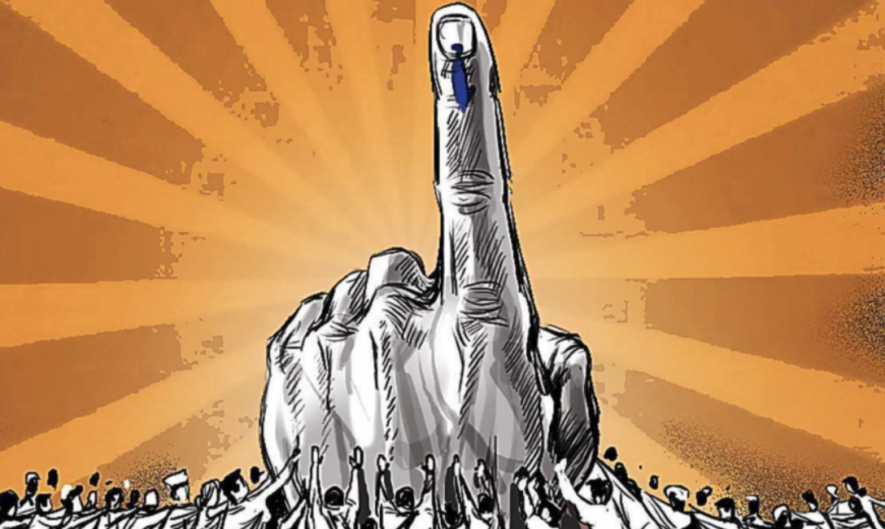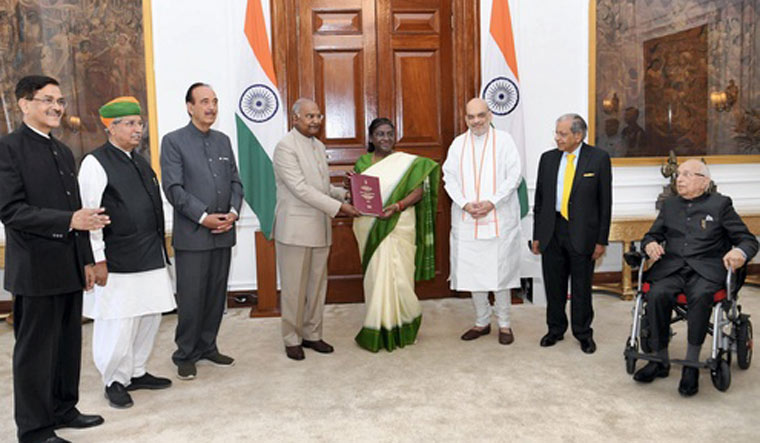The Union Government removed Jammu and Kashmir’s (J&K) special status in 2019 under Article 370 of the Constitution, and the Supreme Court affirmed this ruling on December 11. The Jammu and Kashmir state government does not have the authority to apply the Indian Constitution to its own territory, according to the court’s ruling. The temporary character of Article 370 was determined.
The court further mandated that the Jammu and Kashmir Legislative Assembly elections be held by September 30, 2024, at the latest, by the Indian Election Commission.
When the Supreme Court announces its decision to maintain the abrogation of Article 370, be sure to check back for live updates.
Based on the Court’s determination that the President could declare Article 370 inoperative without the recommendation of the J&K Constituent Assembly, the decision to uphold Constitutional Order 272, which renamed the “J&K Constituent Assembly” to the “J&K Legislative Assembly” and the “J&K Government” to the “Governor,” had no effect on the judgment’s outcome.
Cases Managed by the Court
- Will the provisions of Article 370 remain in effect indefinitely or will they expire at some point?
- Can the power granted by Article 370(1)(d) be used to change Article 367 so that “legislative assembly” be used instead of “constituent assembly”?
- Has Article 370(1(d)) made it possible to apply the whole Indian Constitution to Jammu and Kashmir?
- Would the President’s decision to repeal Article 370 be null and void if the J&K Constituent Assembly had not recommended it, as is required by the proviso to paragraph?
- Is it within the spirit of the constitution for the governor to declare a dissolution of the state legislature?
- The Proclamation of Presidential Rule from December 2018 and any further extensions to it.
Verdict by the court
- The Presidency’s Rule Can Stay in Place Without a Court Ruling.
The court found no need to address the petitioners’ failure to challenge the validity of the presidential proclamations that established President’s Rule in the State. Regardless, the court ruled that, since the President’s Rule was withdrawn in October 2019, no significant remedy could be awarded.
- No decision taken by the union may be disputed while the state is under the president’s administration.
According to the court’s ruling, the time of the president’s rule proclamation was a time of limited federal and state authority. The fact that the Union’s power is situationally contingent was stressed. According to the court, there must to be a plausible relationship to the proclamation’s objective for the power to be exercised under Article 356.
- Jammu and Kashmir lost every measure of autonomy when it joined India.
The Indian Constitution, the court said, would supersede the Maharaja’s proclamation. It was determined by the court that that clause of the Instrument of Accession had been superseded. The court found that Jammu and Kashmir failed to uphold its constitutional obligation to retain sovereignty. Articles 1 and 370 of the Indian Constitution make it abundantly clear that the state of Jammu and Kashmir is now an inseparable part of India, and the Jammu and Kashmir constitution does not mention sovereignty at all, according to the CJI’s judgment.
- For the time being, Article 370 will remain in effect.
Article 370 was seen as a provision that was both temporary and fleeting, according to a historical perspective, as the Chief Justice of India noted in his opinion. Regardless of whether the J&K Constituent Assembly is dissolved, the court ruled that Article 370(3) gives the president the power to declare that Article 370 is no longer in effect. According to the ruling, the President was not required to follow the suggestions given by the Constituent Assembly.







